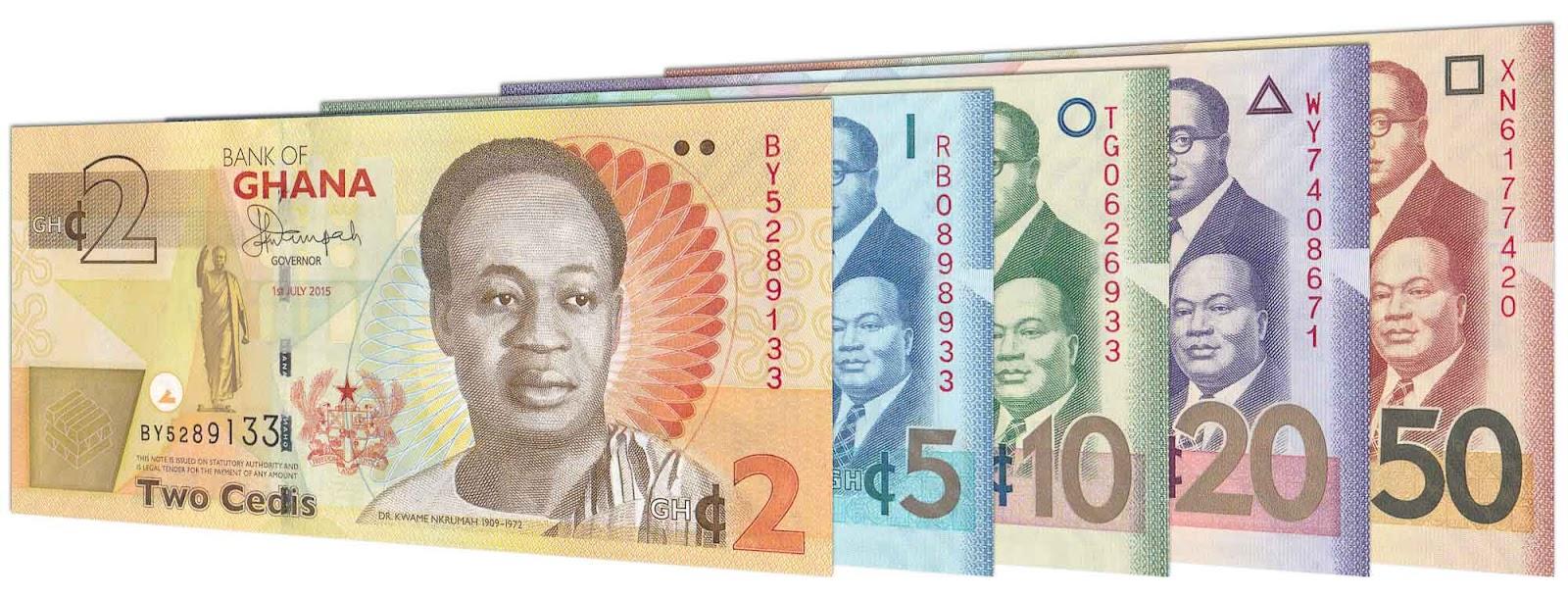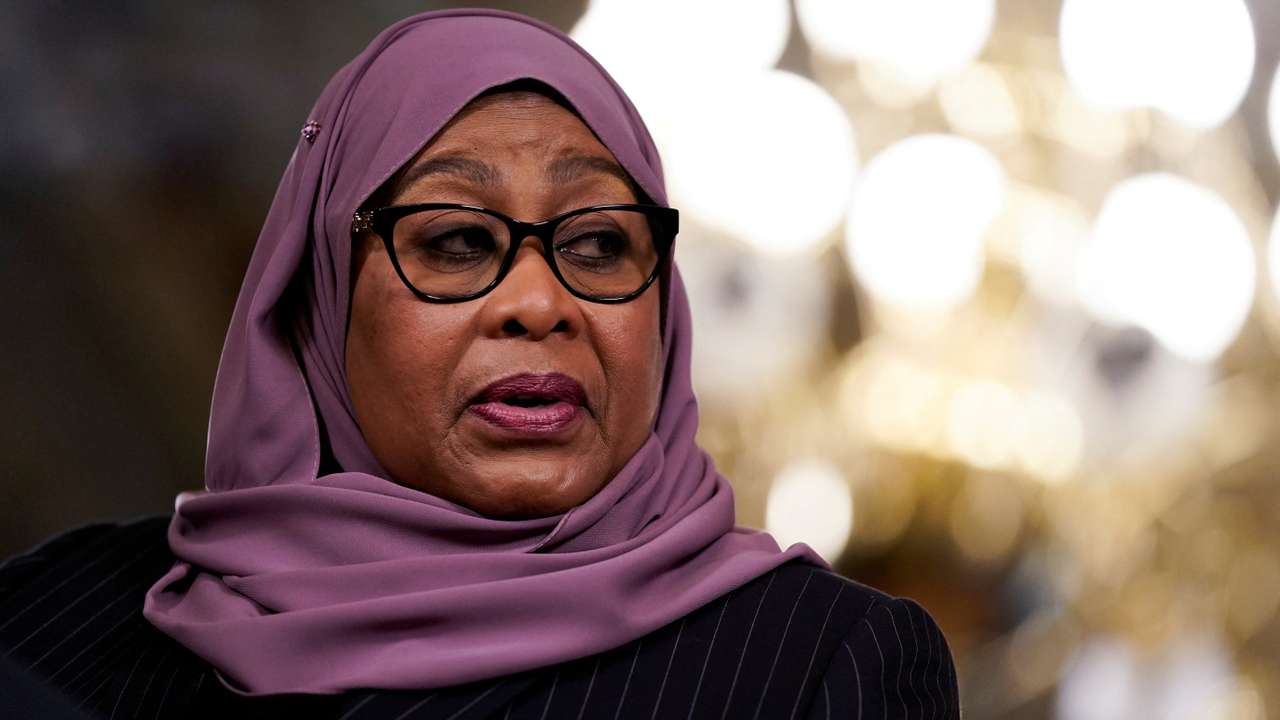IMF Sounds Alarm Over Ghana's Energy Sector Debt

Ghana's energy sector is struggling to stay afloat, with a significant deficit in 2024 threatening to derail the country's fiscal stability. The International Monetary Fund (IMF) has sounded the alarm, warning that the energy sector's financial woes pose a critical risk to the country's economic health.
At the heart of the problem lies a Perfect storm of inefficiencies, including the Electricity Company of Ghana's (ECG) failure to implement the Cash Waterfall Mechanism effectively. This has resulted in a staggering $2.1 billion in arrears owed to Independent Power Producers (IPPs) and fuel suppliers.
The IMF's latest report paints a dire picture, revealing that the energy sector deficit exceeded projections by a significant margin. The fund has urged Ghana to take swift action to address the crisis, warning that failure to do so could have far-reaching consequences for the country's economy.
In a bid to stem the tide, the Ghanaian government is working on a comprehensive energy sector strategy, which is expected to be finalized by mid-2025. The plan aims to reduce operational costs, boost revenue collection, and strengthen the sector's financial sustainability.
To address the mounting challenges, the IMF has outlined several medium-term measures, including debt audits, tariff reforms, and operational reviews. A 3% average electricity tariff increase introduced in October 2024 is already in effect, aiming to curb losses and strengthen financial sustainability.
As of December 2023, energy sector arrears, including legacy debts, stood at $2.1 billion, equivalent to 2.8% of GDP.
However, with the energy sector's debt burden continuing to mount, time is of the essence. The IMF has emphasized the need for Ghana to implement reforms quickly, warning that any further delays could exacerbate the crisis and undermine the country's economic stability.
Source: Lead News Online


























































